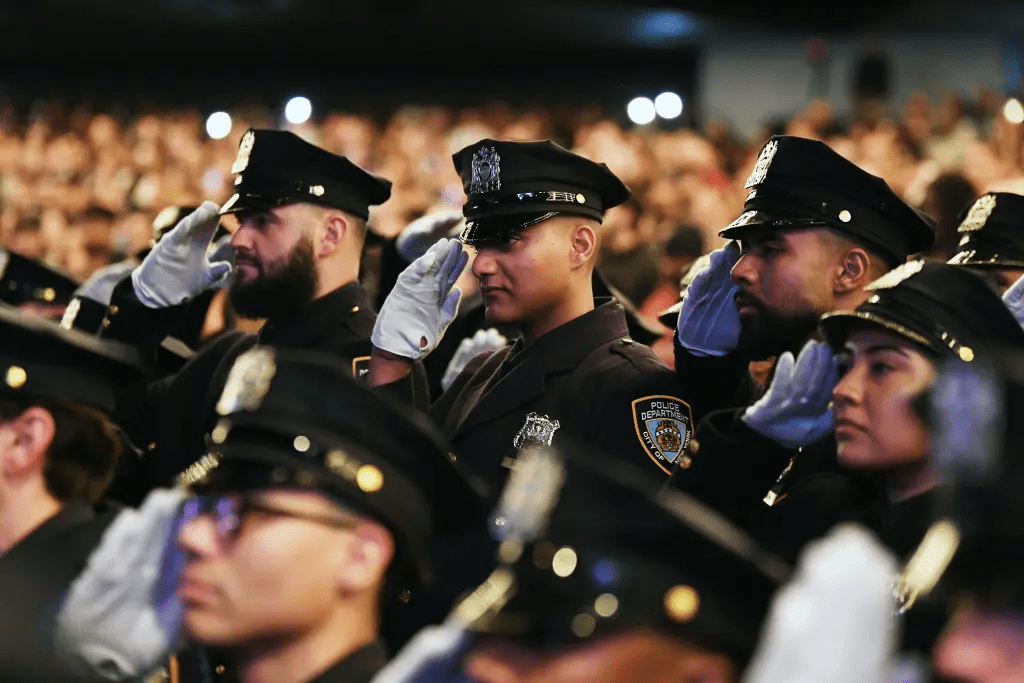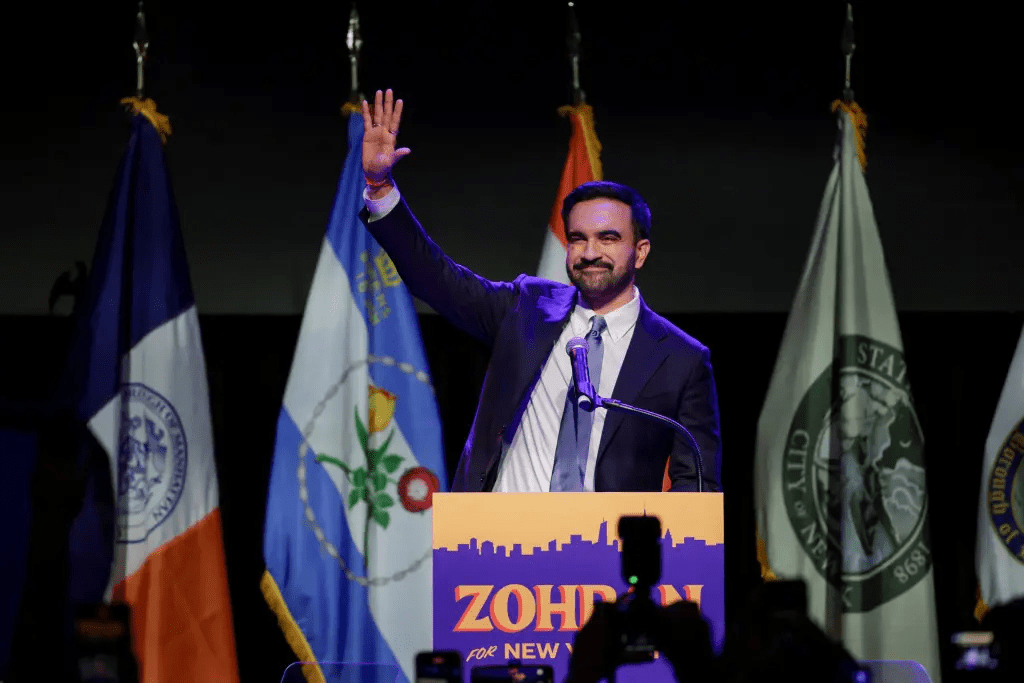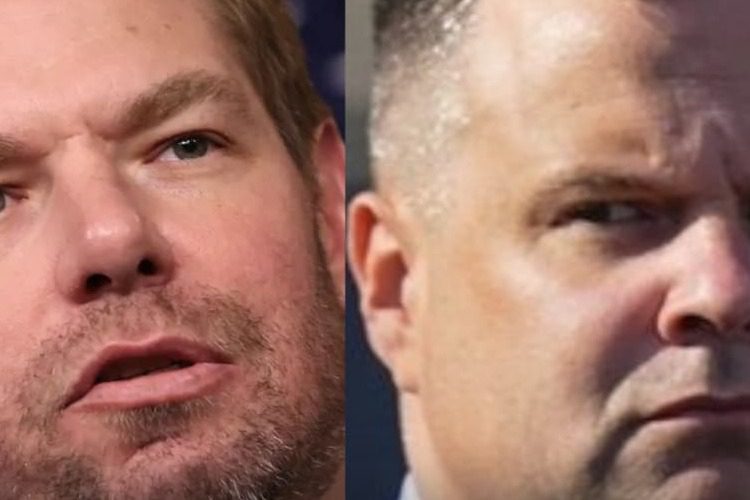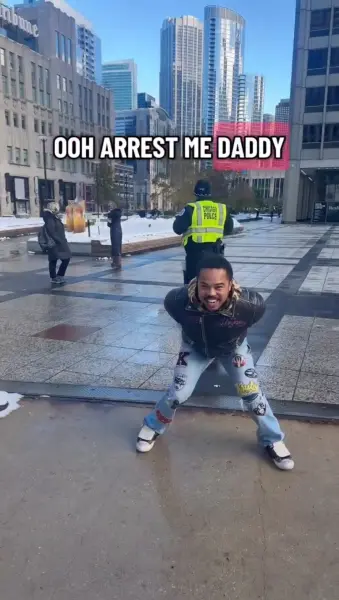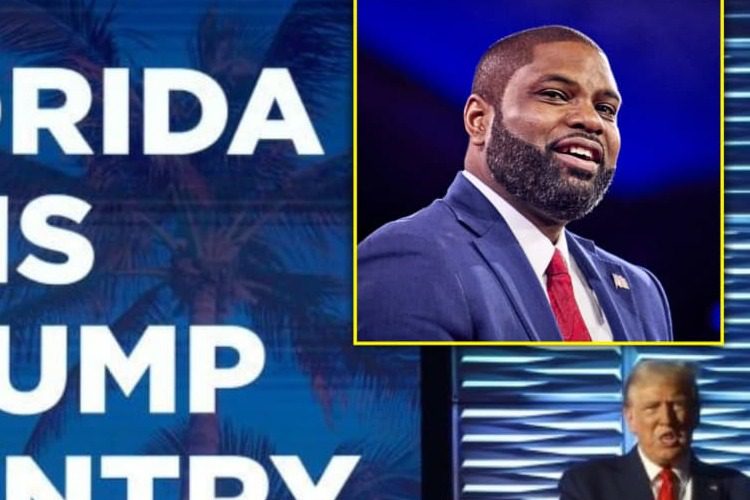Massive Police Exodus Hits NYPD as Socialist Mayor-Elect Zohran Mamdani’s Anti-Cop Agenda Sparks Resignations, Morale Collapse and Chaos at the Force
A chilling wave of resignations has already begun sweeping through the New York Police Department just days before Zohran Mamdani is sworn in as the city’s next mayor, according to internal data and department sources. The departures signal a blood-red warning for New York’s law enforcement apparatus and the public safety of the nation’s largest city. For months leading up to the election, officers quietly warned they would leave if Mamdani won. Now, with the confirmation that they’re making good on the promise, the implications are grave.
It’s not just one precinct or a handful of officers leaving. Data shows spikes in early retirements, transfers, and quitting across the force in September and October — before Mamdani officially takes over. Sources inside the NYPD confirm morale is plunging as the incoming mayor, once labeled “anti-cop” by veteran officers, prepares to reshape the department under a progressive agenda that critics say undermines traditional policing. The exodus is simultaneous with a stream of warnings from past commanders and union leaders that recruiting and retaining officers under a Mamdani administration would become “nearly impossible.”
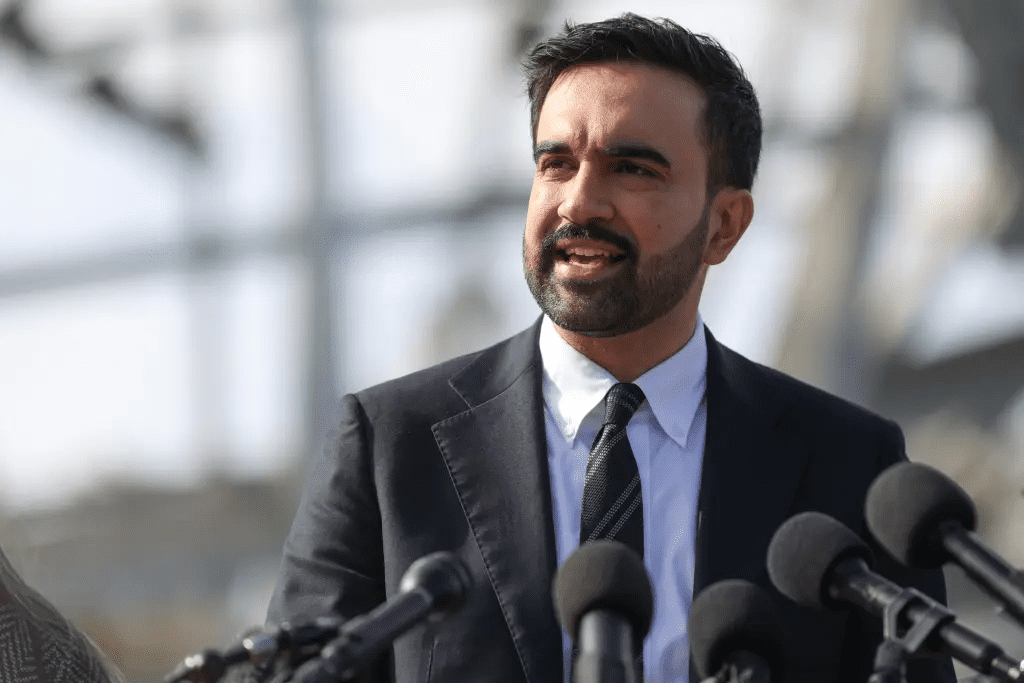
To many within the department, the message is clear: you’re not welcome here anymore. Some officers say they feel betrayed by a campaign rhetoric they claim demonized them. Others say they simply refuse to report for duty under a leadership that hasn’t reassured them of support. “I’ve had guys call me and say ‘If he wins, I’m quitting,’” one veteran detective told the New York Post earlier this year. And a recent internal memo drafting these concerns now appears to have become reality.
The forced urgency frame makes the timing striking. The city already is grappling with rising violent crime, understaffed precincts, and shrinking community trust. At precisely this moment — as the force needs stability — it appears to be unraveling. A prominent former NYPD commissioner recently warned of a “cop exodus” if Mamdani took office, noting that attrition under the prior mayor had already been high. With the incoming mayor’s platform prioritizing mental-health intervention teams, civilian oversight and reduced traditional policing budgets, veteran officers say they’re sending a message: “We’re out.”
Mayor-elect Mamdani, a progressive state assemblyman from Queens, has repeatedly downplayed claims that his policies would spark a mass exit. He pledged to retain the current Police Commissioner and maintain head-count at roughly 34,000. Yet beneath the soundbites, the force is visibly losing ground. Sources estimate thousands of officers are retiring ahead of schedule or requesting transfers out of the city. In some precincts, leaders report paltry applicant pools and increased overtime as remaining officers cover for fewer hands on deck.
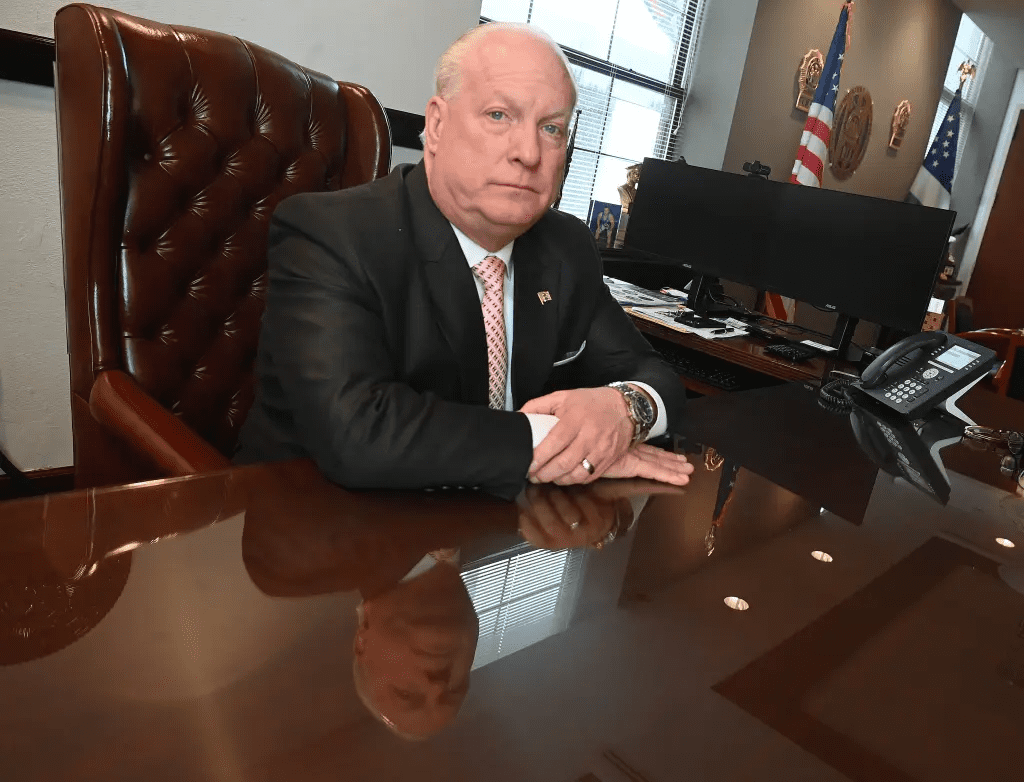
The consequences ripple beyond internal department drama. Citizens notice when fewer beat patrols roll by, when response times lag, when precincts cannot fill shifts. Community leaders in historically underserved neighborhoods now worry the city is heading toward a public-safety “vacuum” at precisely the wrong time. Many say Mom-and-Pop businesses, elderly residents and frontline store owners already feel they’re under-protected — and the exodus of officers is only amplifying the fear.
For the city’s political class, the issue is rapidly becoming a defining fault line. Moderate Democrats and even some moderate Republicans share concerns that the NYPD’s staffing collapse will be untenable. Under a shrinking force, policing strategies that rely on rapid response, visible presence and local trust will become harder to execute. On the floor of city council hearings, officials who once supported progressive reform now warn the city cannot afford a “police cheapening” experiment during a national uptick in violent crime.
But for Mamdani’s supporters, the departure of veteran officers is framed as part of systemic change. They argue the force has long been plagued by militaristic culture, low accountability and disproportionate enforcement in minority communities. Their vision sees fewer traditional cops, more “violence interrupters,” more community-based safety teams, and reinvestment of funds into mental health, housing and crisis response. Whether that model can hold up — as officers walk out — is the question now.
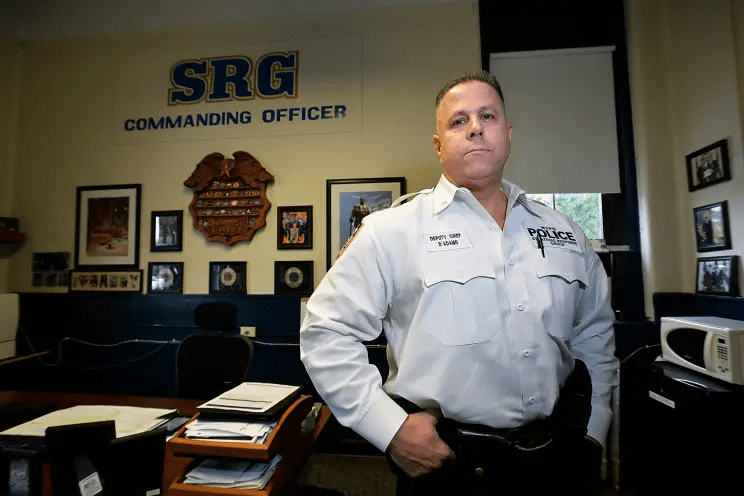
Union leaders describe the situation as “existential.” These are seasoned police officers who have built their careers under different expectations. Now they say they’re not willing to stay under the ambiguity of a mayor who once called officers “racist” and “a threat to public safety” — remarks that still hang like a dark cloud over the force. The sense of betrayal is deep. One rank-and-file cop said, “I’ve held folks at gunpoint, I’ve walked the cold streets at 3 a.m., and now I’m being told my service is the problem. I’m done.”
Behind closed doors at the NYPD’s command center, multiple precinct captains have been asked to identify units with unusually high retirement paperwork filings or pending transfer requests. Several precincts have responded by bumping schedules and relying heavily on supervisory staff to cover gaps. Some smaller units have simply locked recruitment temporarily, unwilling to onboard new officers without certainty on the incoming mayor’s priorities. The attrition isn’t just anecdotal — it’s visible on the roster.
Analysts who study urban crime warn this moment may mark the beginning of a wider crisis. Large-scale officer departures reduce collective experience, weaken institutional memory, and escalate risk in high-stress scenarios. For New York City — where policing has long been a complex blend of boots-on-the-ground, community engagement and intelligence-led operations — losing seasoned officers could mean losing the very architecture that kept violent crime relatively contained for decades.
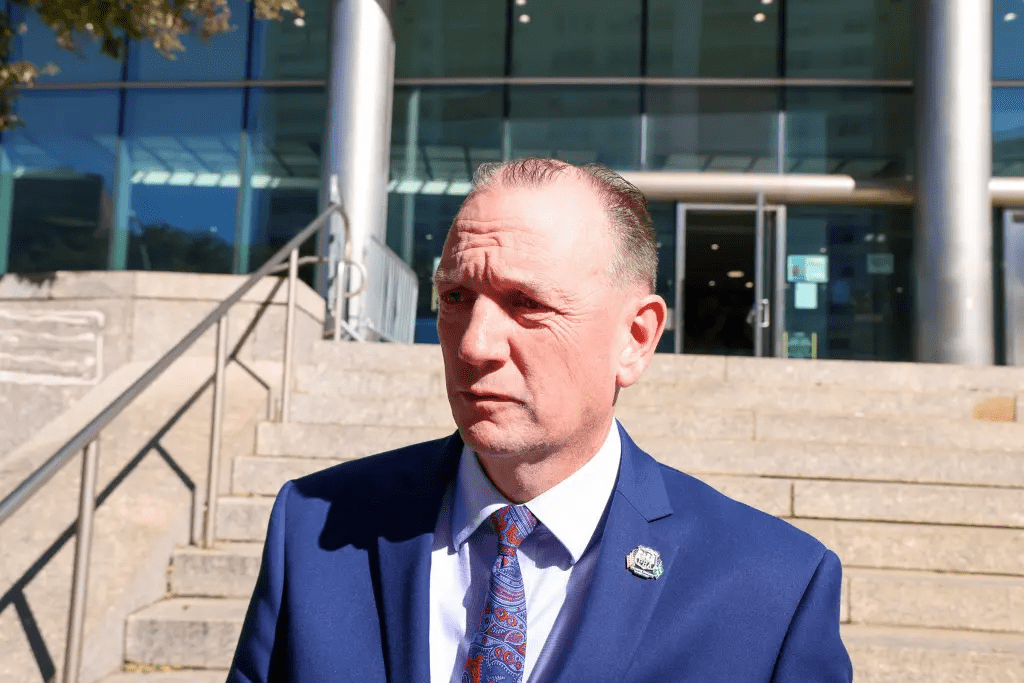
Yet the mayor-elect isn’t entirely unprepared. He’s publicly stated he intends to name a new public-safety adviser, coordinate with state-level policing authorities and accelerate his previously proposed $1.1 billion “Department of Community Safety.” He says his reforms don’t defund police, but instead “reimagine” safety. But skeptics say diversion alone won’t fill the gap left by a thinning NYPD. They say recruitment pipelines already suffer. Veteran investigators warn high turnover erodes morale further, creating a feedback loop of stress, burnout and exit.
With election week past and transitions now underway, the clock is ticking. If officer shortages worsen, the NYPD may soon face unprecedented staffing challenges—just as the city enters a critical holiday season, when crime traditionally ticks up. Communities in the Bronx, Brooklyn and Queens are watching closely. They are asking: who will answer the call when their neighborhood is under threat?
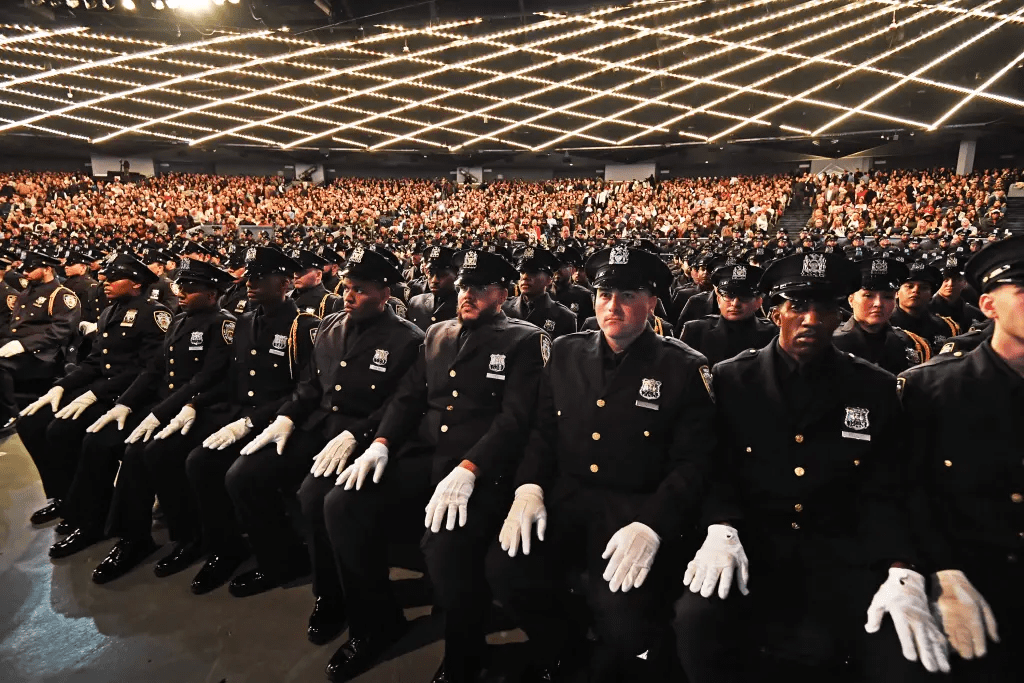
Public safety is often the bedrock issue in New York City politics, and the fact that officers are walking away in droves suggests that tension will dominate the debate going into 2026. Mamdani’s team will say the exodus is a symptom of an outdated system — not a future crisis. Police advocates will say it’s a flashpoint for a collapse in security. The truth likely falls somewhere in the space between.
For now, the NYPD stands at a crossroads. A department once seen as the nation’s gold standard for law enforcement is showing cracks in its foundation. The next few weeks will be critical as transition teams meet, contract negotiations hover and reform plans are drafted. If large numbers of officers continue to exit, the next mayor will begin her term facing a void—one that could take years to repair.
